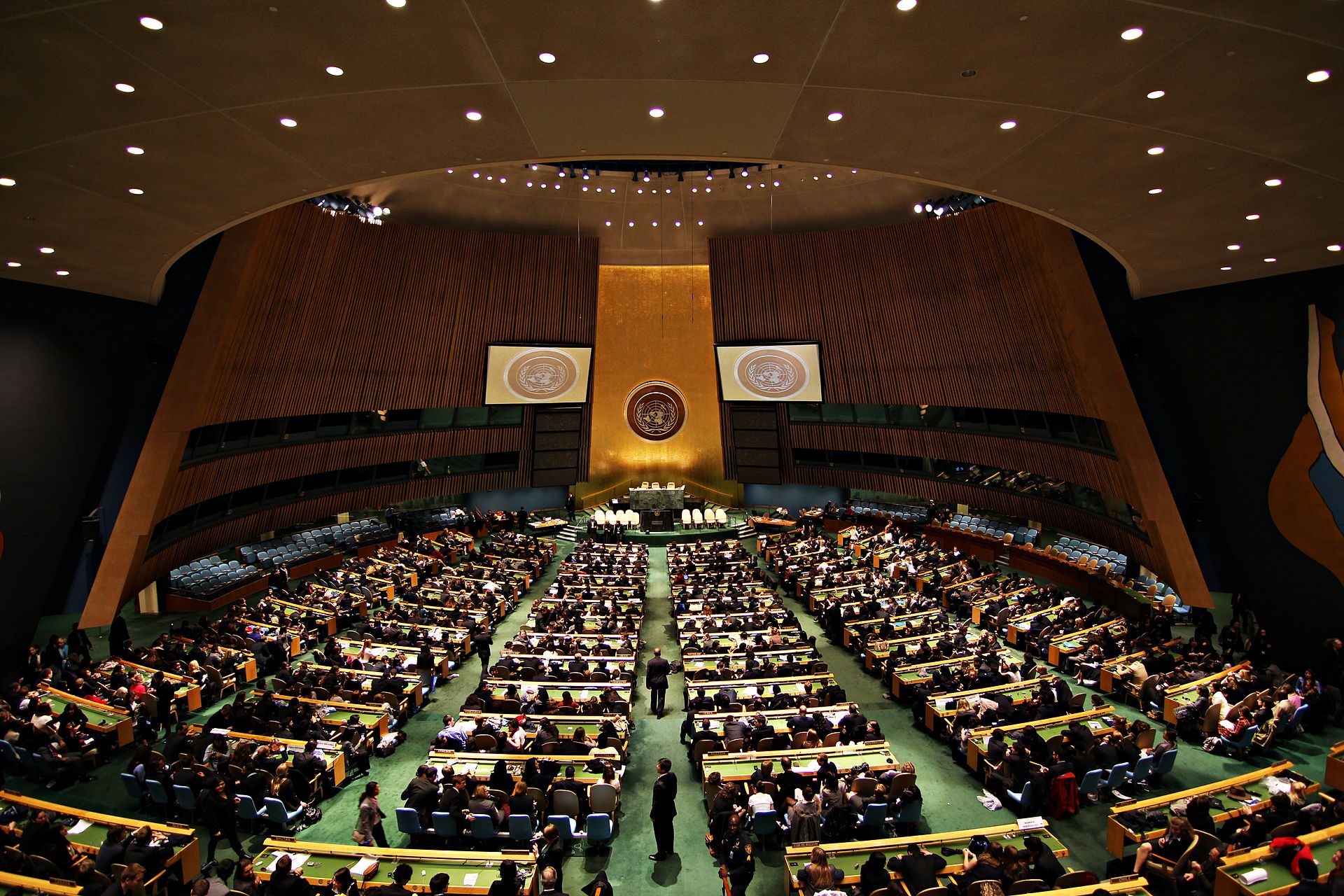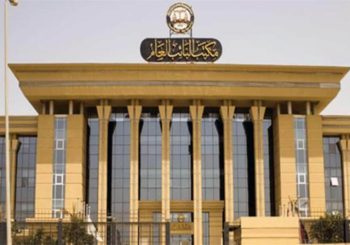Reacting to criticism for supporting Israel’s bid for membership in a UN committee, Egypt explained that it was inevitable because the vote also included three Gulf Countries, which Egypt wished to support.
Egypt voted for a group of countries, which included Israel, for membership in the United Nation’s Committee on the Peaceful Uses of Outer Space (COPUOS) Thursday, stirring much controversy on social media.
According to state news agency MENA, Foreign Ministry spokesman Ahmed Abu Zeid said the member states had to vote for six countries at once, including three Gulf countries, and could not vote for each country individually.
Voting for COPUOS members also saw Oman, Qatar and the United Arab Emirates join the committee, as well as El Salvador and Sri Lanka.
One hundred and seventeen countries voted in favour, 21 abstained, while only Namibia voted against the decision. Countries that abstained include Kuwait, Iraq and Algeria.
Israel’s mission to the United Mission said on Twitter that its acceptance came after “intensive diplomatic efforts.”
The counselor of the Israeli mission, Hadas Meitzad said the day marked an “important achievement for Israel,” adding that it was “Israel’s advanced capabilities” in peaceful uses of outerpsace and diplomatic efforts that granted it entry to COPUOS.
Roberto Storaci, an Italian diplomat working for the European Union’s delegation to the United Nations said the voting witnessed “unfortunate politicisation,” in a message he posted on Twitter.
The UN website said several of the abstaining states “rejected Israel’s appointment” on the committee.
The UN added that “a number of delegations also cited a lack of transparency in the drafting of the text, noting that it did not expressly name the countries to be appointed to the Outer Space Committee, but only mentioned ‘six Member States.'”
Abu Zeid said “Egypt’s commitment” to backing the Arab candidates was the main motivation behind voting in favour, adding that the unified Arab position was expressed after the vote in a joint statement.
Following the vote, the Saudi Arabian representative expressed the Arab Group’s reservations on the Israeli membership, “owing to a lack of transparency in its space activities and the country’s refusal to join any treaties on non-proliferation.”
Separately, Syria accused Israel of maintaining a “huge” arsenal of weapons, including nuclear weapons and strongly objected to Israel’s membership in COPUOS.
Israel neither confirms nor denies its possession of weapons of mass destruction.
Talks in New York on the UN’s Non-Proliferation Treaty (NPT), which aims to prevent the “wider dissemination of nuclear weapons” failed to reach consensus last May.
Tensions built up ahead of the UN conference after Egypt was adamant about reaching a regional, legally binding agreement to create a nuclear-free zone by which all Middle East states must abide. According to liberal Israeli newspaper Haaretz, Israel objected to a deadline proposed by Egypt.
Following the NPT talks in May, the U.S. said states, particularly Egypt set “unrealistic” conditions at a United Nations conference, while Egypt accused the U.S. and other delegations of deliberately trying to “hinder” efforts to create a nuclear-free zone in the Middle East.
Although Egypt is a signatory to the NPT and had eventually ratified it in 1981, Israel has neither signed the treaty, nor is it party to the NPT.
After the COPUOS vote, the Israeli delegation said COPUOS has always had a “non-political agenda” and the U.S. representative said the draft was put forward with the purpose of ensuring diversity of membership and that the committee “did not get mired in an unfair, politicised debate.”
The Arab-Israeli conflict dates back to the early 20th century and has seen Israel engage in direct wars with several Arab countries over the past century. In 1967, Israel expanded its territory inside Palestine and seized territory in Syria, Lebanon and Egypt.
In 1973, Egypt and Syria launched simultaneous operations to reclaim the occupied territories in their countries. The fighting paved the way for talks between Egypt and Israel, who signed a peace treaty in 1979 after months of negotiations, ending a state of war and normalising ties.
Egypt was the first Arab country to recognise the Jewish state, but tensions between the two countries still exist.






Comments (0)